Introduction
In your daily life, it is easy to overlook the importance of a consistent and effective skincare routine. However, taking care of your skin is crucial not only for its outward appearance but also for your overall well-being.
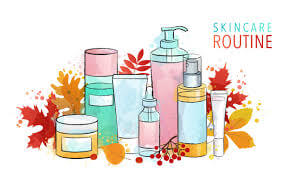
This article aims to provide an in-depth understanding of the secrets behind an effective skincare routine. By following the guidelines presented here, you can achieve a flawless complexion that will leave you feeling confident and revitalized. It is essential to recognize how a flawless complexion influences our confidence and overall well-being. When our skin radiates health, we exude self-assurance and embrace daily with joy and optimism.
Understanding Skin Types
Before embarking on a skincare journey, it is necessary to identify your specific skin type. Knowing whether you have dry, oily, combination, or sensitive skin allows you to tailor your routine accordingly. Each skin type has its unique characteristics and requires different approaches to maintain its balance and vitality. Understanding the nuances between dry, oily, combination, and sensitive skin will empower you to make informed decisions about your daily skincare regimen.
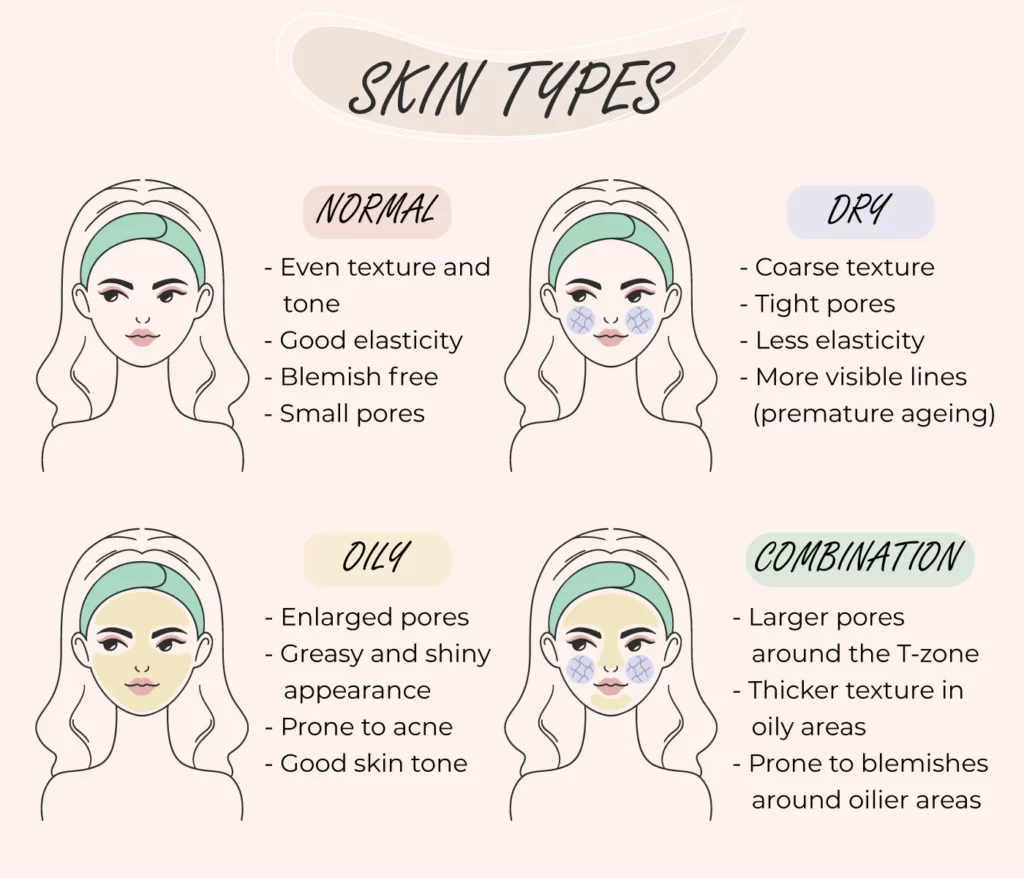
Beyond recognizing your skin type, it is crucial to assess any specific skin concerns you may have. Whether it’s hyperpigmentation, acne, or under-eye circles, acknowledging these concerns will enable you to address them effectively.
The Basics of a Skin Care Routine
![]()
Cleansing
- Choosing the right cleanser is essential for your skin type. Opt for cleansers labeled as gentle, hydrating, or oil-free depending on your specific needs.
- When it comes to cleansing techniques, remember to be gentle. Avoid harsh scrubbing or using hot water, as these can strip your skin of its natural oils and disrupt its delicate balance.
Exfoilting
- Exfoliation is a vital step in achieving a flawless complexion. It helps to remove dead skin cells and unclog pores, allowing your skin to absorb subsequent products more effectively.
- There are various exfoliants available, such as physical scrubs, chemical exfoliants, and enzyme-based products. Choose one that suits your skin type and addresses your specific concerns.
- While exfoliation offers exceptional benefits, it is crucial to exercise caution and avoid overdoing it. The recommended frequency varies based on skin type, ranging from once a week to a few times a week.
Toning
- Toners play a vital role in balancing your skin’s pH levels and assisting with product absorption. Look for toners infused with ingredients like witch hazel or hyaluronic acid to suit your skin’s needs.
- When selecting toners, take your skin type into consideration. For example, those with oily skin may benefit from toners that contain salicylic acid to control excess sebum production.
Moisturizing
- Moisturizing is a non-negotiable step in any skincare routine. It helps to keep your skin hydrated, supple, and protected from environmental damage.
- Choose moisturizers formulated specifically for your skin type. For dry skin, opt for richer creams, while oil-free or gel-based moisturizers work well for oily or combination skin.
- In addition to external hydration, don’t forget the importance of internal hydration. Drinking an adequate amount of water and incorporating hydrating ingredients into your diet can further enhance your skin’s health.
Applying Sunscreen
- Sun damage is one of the leading causes of premature aging and skin damage. Understanding its effects on your skin is paramount to maintaining a flawless complexion.
- Select a sunscreen that offers broad-spectrum protection and has a sun protection factor (SPF) of at least 30. Consider your skin type and any sensitivities when choosing the right formula.
- When applying sunscreen, ensure you cover all exposed areas generously. Remember to reapply every two hours and after swimming or excessive sweating for optimal protection.
Targeted Skin Care Concerns
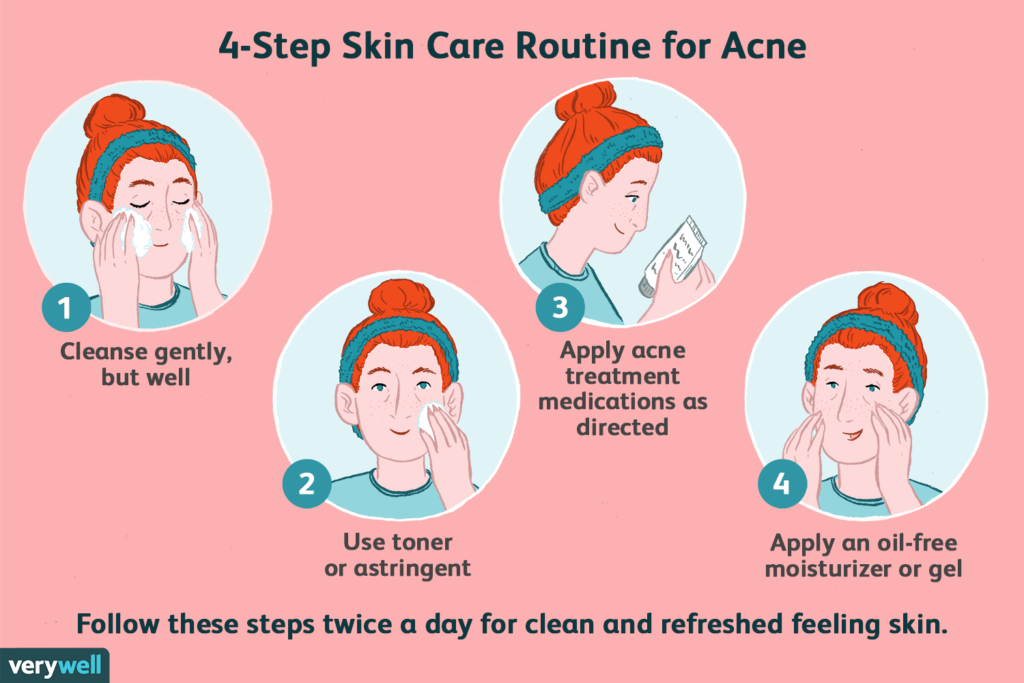
Acne Prevention and Treatment
- Identifying acne-causing factors, such as hormonal imbalances or excessive oil production, can help in preventing breakouts.
- Best practices for acne prevention include maintaining a consistent skincare routine, avoiding excessive touching or picking, and using non-comedogenic products.
- Effective acne treatments vary depending on the type and severity of acne. Options range from topical creams and spot treatments to prescribed medications or professional interventions.
Anti-Aging Techniques
- Understanding the aging process and its impact on the skin allows us to proactively combat signs of aging.
- Incorporating ingredients like retinol, antioxidants, and peptides into your routine can help minimize the appearance of wrinkles, fine lines, and sagging skin.
Hyperpigmentation and Dark Spots
- Hyperpigmentation can arise from various factors, including sun exposure, hormonal changes, or acne scarring.
- Treating and preventing dark spots involves utilizing products with ingredients like hydroquinone, vitamin C, or niacinamide. Protection from the sun is also essential to avoid further pigmentation.
Reducing Under-Eye Circles and Puffiness
- Under-eye circles and puffiness can be caused by factors such as genetics, sleep deprivation, or allergies.
- Techniques like gentle massage, cold compresses, and using eye creams with hyaluronic acid or caffeine can help reduce their appearance.
Advanced SkinCare Techniques
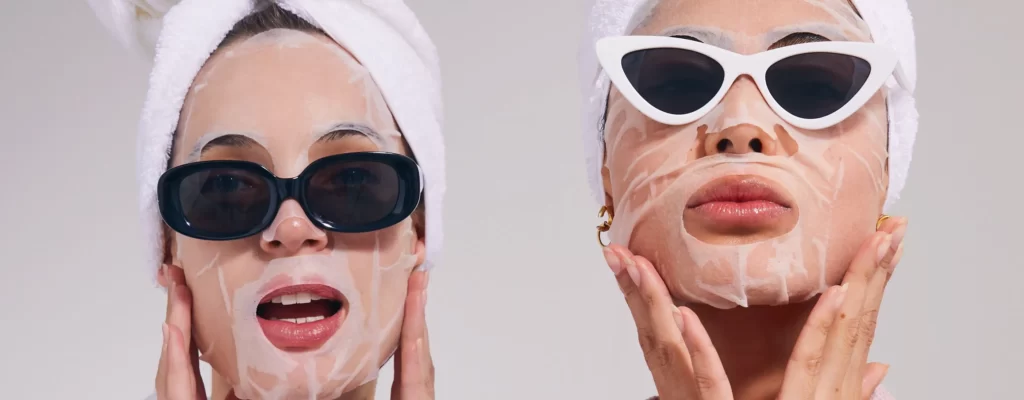
Facial Masks and Serums
- Masks and serums provide targeted treatments that can amplify the effectiveness of your skincare routine.
- Different types of masks, such as clay, sheet, or gel masks, cater to specific concerns like hydration, brightening, or detoxification. Serums, on the other hand, deliver active ingredients directly to the skin.
Facial Massage and Tools
- Facial massage offers numerous advantages, ranging from increased blood circulation to improved product absorption.
- Recommended facial massage techniques, such as lymphatic drainage or acupressure, can be enhanced with the use of tools like jade rollers or gua sha stones for optimal results.
Professional Treatments and Dermatological Procedures
- Seeking professional treatments, such as chemical peels or microdermabrasion, can take your skincare routine to the next level by addressing specific concerns.
- Popular dermatological procedures, including laser resurfacing or injectables, offer targeted solutions for issues like acne scars, wrinkles, or sagging skin.
Lifestyle Factors for Healthy Skin
The significance of a healthy diet cannot be overstated. Incorporating fruits, vegetables, omega-3 fatty acids, and antioxidants nourishes your skin from within.
Staying hydrated helps maintain your skin’s moisture balance, encouraging a healthy and radiant complexion. Aim to drink an adequate amount of water throughout the day.
Stress and lack of sleep can negatively impact your skin’s health. Prioritize activities that promote relaxation and quality sleep to keep your skin in optimal condition.
Regular exercise improves blood circulation, delivering oxygen and nutrients to the skin. It also aids in flushing out toxins, giving your complexion a natural glow.
Tips for an Effective Skincare Routine

Consistency is key. Establish a daily skincare routine and stick to it religiously to maximize the benefits.
It is advisable to start small and gradually introduce new products into your routine to gauge their compatibility and avoid overwhelming your skin.
Customize your routine to fit the specific needs of your skin type and concerns. Don’t be afraid to experiment and modify your regimen accordingly.
Always perform a patch test before introducing new products to ensure they do not cause adverse reactions or sensitivities.
Summary
In summary, achieving a flawless complexion requires understanding your skin type, addressing specific concerns, and following a consistent and personalized skincare routine. By adhering to the secrets unveiled in this article, you can unlock the potential of your skin and enjoy the confidence that comes with a well-loved and nurtured complexion.


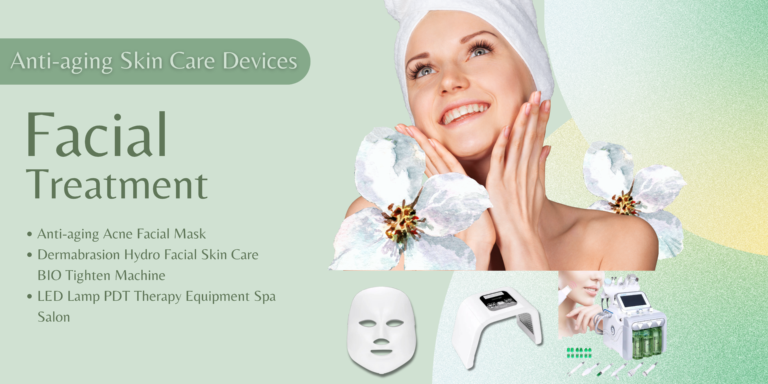




[…] Related topics Effective SkinCare Routine: Flawless Every Day […]